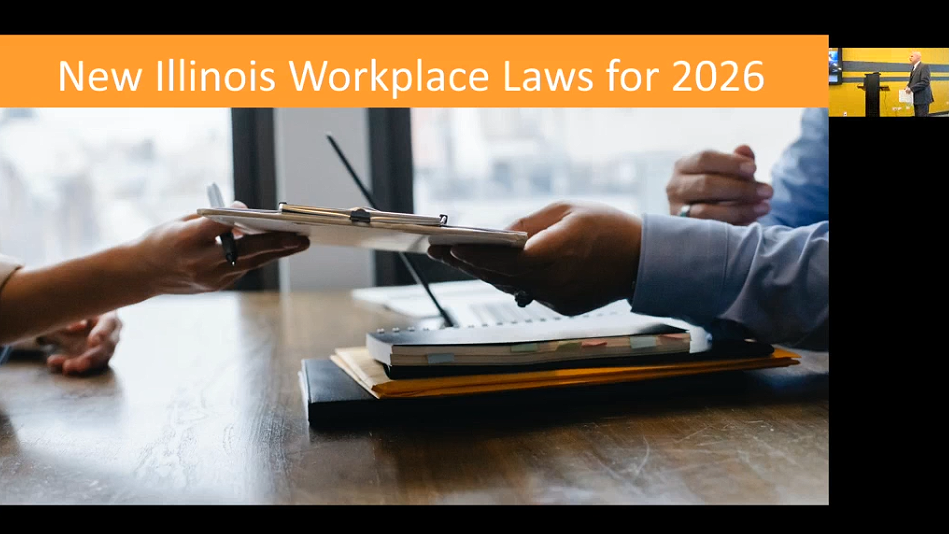Tim’s Tax News on the Tenth – May 2025
IRS Whistleblower Office Releases Operating Plan Outlining Integrated Approach to Advance Program

The Internal Revenue Service recently issued a press release addressing the IRS Whistleblower Office’s publishing its first-ever multi-year operating plan that outlines its guiding principles, strategic priorities, recent achievements, and current initiatives to advance the IRS Whistleblower Program.
The IRS Whistleblower Office administers claims from whistleblowers that identify taxpayers who may not be complying with tax laws or other laws the IRS administers, enforces, or investigates.
“The IRS Whistleblower Office Operating Plan incorporates extensive feedback received from whistleblowers, whistleblower practitioners, IRS employees, oversight bodies, and other program stakeholders,” said IRS Whistleblower Office Director John Hinman. “Whistleblower information that the IRS can act on is an important component of effective tax administration as it bolsters the fair, efficient and effective enforcement of our nation’s tax laws, the success of our voluntary tax system, and our efforts to reduce the tax gap.”
The Whistleblower Office’s plan reflects a multi-year approach to improving processes and operations, expanding collaboration and outreach, and integrating valuable stakeholder feedback.
The operating plan is framed around six strategic priorities:
- Enhance the claim submission process to promote greater efficiency.
- Use high-value whistleblower information effectively.
- Award whistleblowers fairly and as soon as possible.
- Keep whistleblowers informed of the status of their claims and the basis for IRS decisions on claims.
- Safeguard whistleblower and taxpayer information.
- Ensure that our workforce is supported with effective tools, technology, training, and other resources.
Within the above six strategic priorities, there are 38 initiatives addressing short-term and long-term focus areas to advance the program. Some of the initiatives will require completion of detailed, specific activities, while other initiatives are broad. The plan identifies areas of significant importance while allowing flexibility to address other concerns that may arise.
The IRS is committed to continuous improvement of the Whistleblower Program through ongoing collaboration with program stakeholders.
The IRS appreciates the valuable assistance it receives from whistleblowers and the whistleblower practitioner community. An effective whistleblower program provides an invaluable deterrence against non-compliance with tax laws, and whistleblower information significantly boosts revenues while improving tax fairness.
Since the inception of the Whistleblower Office in 2007, the Whistleblower Office has made awards of over $1.3 billion based on the collection of more than $7 billion attributable to whistleblower information. In fiscal year 2024, the IRS paid awards totaling $123.5 million based on tax and other amounts collected of $474.7 million attributable to whistleblower information. The total dollar amount of awards paid in fiscal year 2024 was the third highest in the program’s history. The awards paid to whistleblowers generally range between 15% and 30% of the proceeds collected and attributable to their information.
Individuals with specific, timely, credible, relevant, and significant information regarding non-compliance with any laws the IRS is authorized to administer, enforce, or investigate are encouraged to consider filing an IRS Form 211 to be considered for an award.
If you would like more details, please do not hesitate to call our office. Our office has been successful in helping taxpayers with IRS and IDOR collection problems for over 31 years. If you have a tax or debt problem, please contact me at 847-705-9698 or thughes@lavellelaw.com and find out how we can help you.
Are you receiving the Lavelle Law eNewsletter? Sign up today and receive valuable updates and perspectives on a wide range of legal issues: http://goo.gl/pjeJkm
More News & Resources
Lavelle Law News and Events











